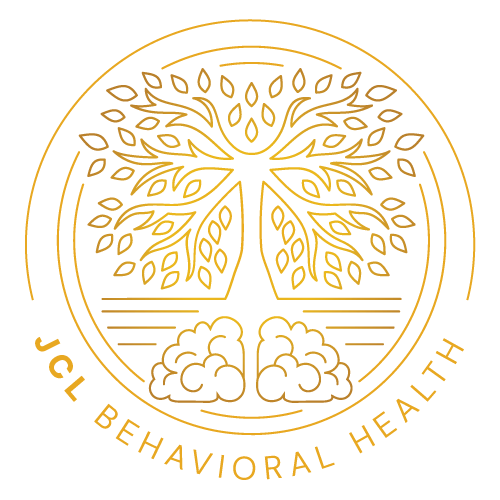When talking about drugs and how they impact us, it’s necessary to differentiate between different types.
One common question that arises is, “Is cocaine a depressant ?” No it isn’t, but let’s see why.
Below, we’ll examine what cocaine is, why it acts as it does, and why it’s often confused for a depressant.
What is Cocaine?
Cocaine is a powerfuland highly addictive stimulant drug—it’s made from South American coca plant leaves. It usually appears as a white powder which users can snort, smoke, or inject. Well-known for it’s euphoric effects, cocaine has a history of being used for fun, but often misused.
How Does Cocaine Affect the Brain?
Cocaine mainly acts on the brain’s reward center, boosting dopamine, a brain chemical linked to pleasure and movement. With cocaine use, dopamine isn’t absorbed back and gathers in the brain. That’s why users feel super euphoric, full of life, and very alert.
Short-Term Effects of Cocaine
The immediate effects of cocaine can include:
- Increased energy
- Elevated mood
- Heightened alertness
- Decreased appetite
- Increased heart rate and blood pressure
These effects may be enjoyable initially but usually end with a “crash.” It’s a cycle—the high leading to feelings of fatigue, depression, and irritability when the drug wears off.
Cocaine: A Stimulant, Not a Depressant
What is a Depressant?
Depressants are drugs that slow down the activity in the central nervous system. They’re usually prescribed for issues like anxiety, insomnia, and other conditions.
Alcohol, benzodiazepines (think Valium and Xanax), and barbiturates are common examples of depressants. These usually bring calmness, sleepiness, and a sense of peace.
“Is Cocaine a Depressant?”
Contrary to depressants, cocaine is a stimulant. Stimulants boost the central nervous system action, causing elevated alertness, vigor, and joy. The effects of cocaine, an upper, are nearly opposite to what depressants offer.
While depressants lower brain functions, cocaine accelerates them. That’s why it can trigger erratic conduct, restlessness, and even distrust.
Why the Confusion?
It could be because of cocaine’s “crash” phase. After the severe and intense high, users typically endure a decline in mood and energy, resembling the depressant-like effects. However, this crash occurs when the stimulant phases out, not because cocaine is a depressant.
The Dangers of Cocaine Use
Short-Term Risks
Using cocaine, even once, can have severe consequences. Short-term risks can be:
- Heart attack
- Stroke
- Seizures
- Respiratory failure
The intense euphoria followed by a crash can cause repeated use and addiction.
Long-Term Health Effects
Using cocaine for an extended period can cause a lot of health problems. These include:
- Heart disease and high blood pressure
- Problems with breathing, especially if you smoke cocaine
- Neurological damage, including memory loss and cognitive decline
- Mental health problems, for instance, anxiety, paranoia, and depression
Addiction and Dependence
Cocaine is overly addictive. Using it nonstop can cause tolerance. This means a person needs to take more to get the same feeling. Also, dependence can happen, making a user feel they need the drug to function. Addiction to cocaine can greatly damage every part of someone’s life. This includes their health, relationships, and money situation.
Treatment and Recovery
Recognizing the Problem
Spotting the symptoms is vital. These could be:
- Strong and intense cravings
- Not being able to stop or limit usage
- Ignoring duties and personal connections, or keeping up usage even when it harms you
Seeking Professional Help
Recovery from cocaine addiction often requires professional help. Treatment options include:
- Detoxification: This implies medically overseen processes to control withdrawal symptoms while safely clearing out the dangerous drug from the body.
- Therapy: Strategies, for instance, cognitive-behavioral therapy (CBT) and contingency management aid in reshaping thought habits and behaviors linked to drug misuse.
- Support Groups: Groups like Narcotics Anonymous present peer backing and collective experiences that aid in maintaining sobriety.
Takeaway
Cocaine, despite not being a depressant, is risky due to its extreme addictiveness and severe health hazards.
Grasping the contrast between stimulants and depressants explains the specific effects of cocaine and its categorization as a stimulant.
Are you or someone you care about battling cocaine addiction?
Assistance is out there. JCL Behavioral Health offers comprehensive treatment plans customized to the needs of each person.
Our skilled team commits to giving kind help and support during the recovery process. Get in touch now for the initial stride towards a healthier, drug-free existence.




No comment